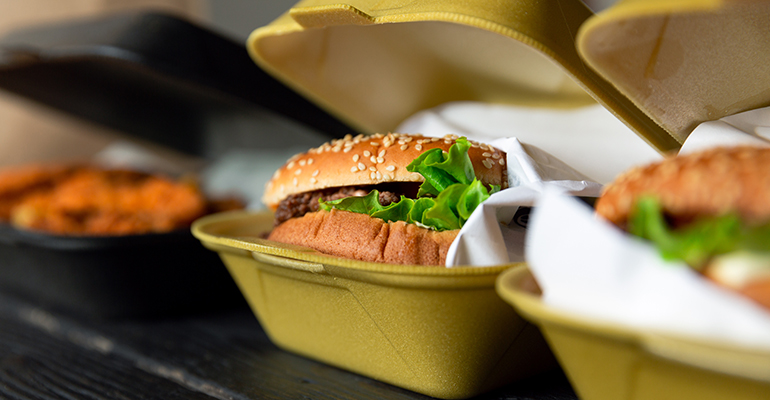News
Irish ASAI on new rules on junk food
5 Jul 2021The Irish government is being pressured to introduce tougher restrictions on online junk food advertising aimed at children. It is estimated children see over 15 billion online adverts for food high in salt, sugar, and fat every year.
The Advertising Standards Authority for Ireland (ASAI) will incorporate rules for the marketing of high fat, salt and sugar (HFSS) foods into its code of practice, it said this month. Currently, the rules on marketing unhealthy food to children pertain only to broadcast media, such as television.

The announcement comes following a lack of action after the government announced voluntary rules in 2018.
“Because there is no progress, we have decided that we are going to be bringing those rules in relation to marketing communication into the ASAI code and that process should be completed this month,” Orla Twomey, chief executive of the industry self-regulatory body, told an Oireachtas (parliamentary) committee.
“We do recognise that there is an issue and concerns around the advertising of HFSS foods to children and particularly online,” she added.
‘A digital obesogenic environment’
Kathryn Walsh, policy manager at the Irish Heart Foundation, denounced the “digital obesogenic environment” and, speaking at the same committee event, called on policy-makers to expand the definition of ‘online harm’ in the bill so that digital marketing materials were included.
“For big consumer brands, this advertising is not just about banner adverts, search terms or simple video ads – it’s subtler, more integrated into content, significantly harder to define and monitor and it’s innovating and evolving at an alarming pace,” Walsh said.
Eighty-five per cent of adults in Ireland are in favour of banning junk food advertising in online games and apps played by children, according to research carried out by Ipsos MRBI on behalf of the Irish Heart Foundation. The survey, which questioned 1,000 individuals aged 15 years or over, found that more than three-quarters (76%) support a ban on celebrities promoting junk food. The same number of people (76%) are also in favour of prohibiting the sale of children’s toys with junk food or sweets.
Childhood obesity levels improving but still high
Ireland has high levels of childhood obesity although these may be levelling off or even falling in some instances, according to a study published in 2020.
Using data from three national food consumption surveys, the researchers calculated that 12% of children were either overweight or obese in 1990. This rose significantly in 2005 to 25% before dropping significantly to 16% in 2019. Overweight and obesity was more prevalent in 2019 among girls compared to boys (19% versus 14%) while the highest levels were among children from the lowest socio-economic groups.
“Evidence from the most recent national survey suggests that overweight and obesity levels are plateauing and, in some cases, reducing in children in Ireland,” the researchers concluded. “Despite this, rates remain high, with the highest prevalence in 2019 observed in girls and in those from the lowest social class group. Thus, overweight/obesity prevention and intervention policies are necessary and should be continued.”
UK pledges to introduce toughest restrictions in the world
The Irish government may be looking to follow the UK’s lead. Last year, the British government revealed plans for a total ban on online junk food marketing and advertising to children.
The proposals, which are some of the strictest restrictions in the world, would affect adverts on websites, paid-search results on Google, social media advertising and text message promotions. Children are exposed to over 15 billion adverts for products high in fat, sugar and salt (HFSS) online every year, the UK government said.
The UK advertising industry denounced the proposed plans as “indiscriminate” and “draconian”.
